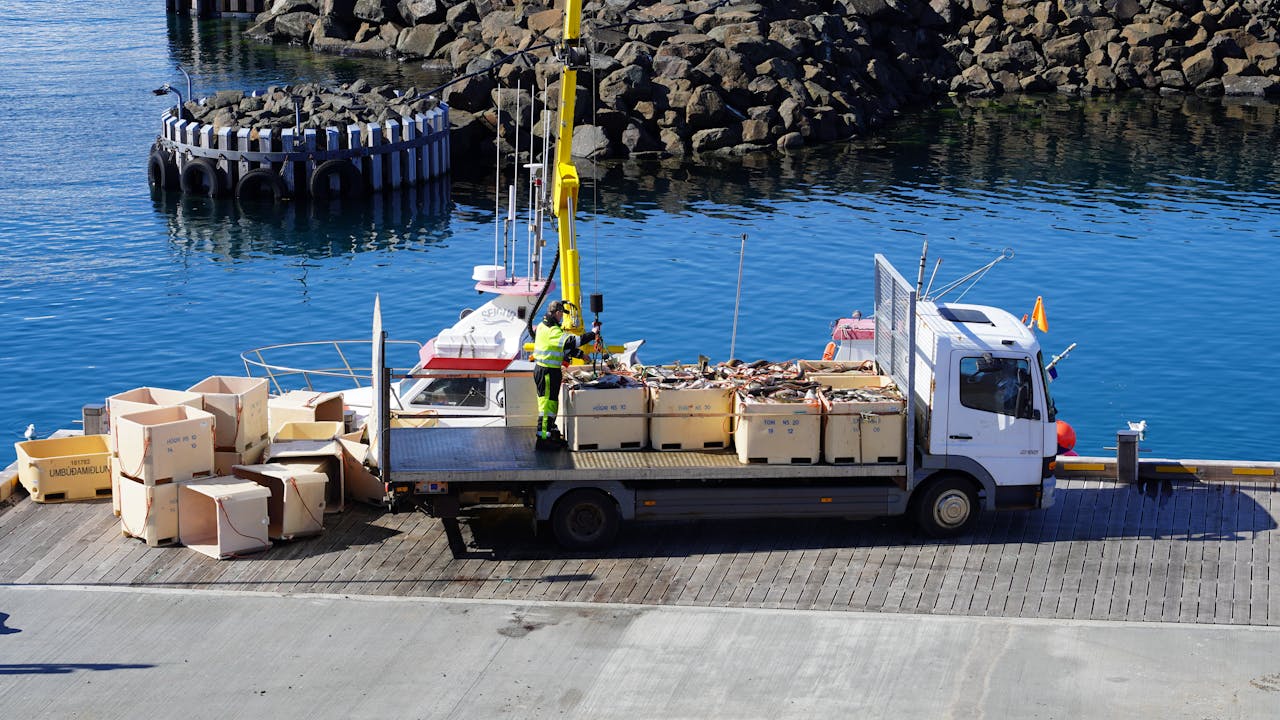How General Trading Companies Enable Cross-Border Transactions
Cross-border trade has become increasingly complex — involving multiple currencies, jurisdictions, and compliance protocols. General trading companies bridge these gaps, simplifying global commerce and unlocking access to new markets.
1. Acting as Legal and Financial Intermediaries
For businesses that lack a formal presence in a foreign country, general trading companies offer a structural solution. Operating under compliant legal entities in jurisdictions like Hong Kong, Singapore, or the UAE, they act as official exporters or importers — managing invoicing, payment settlement, and documentation on behalf of the client.
2. Navigating Regulatory Barriers
International shipments often face a maze of customs regulations, sanctions lists, and import/export controls. Trading agents like Argusale mitigate this risk by managing the compliance layer. Whether it’s dual-use goods, end-user certification, or origin rules, these entities ensure that all processes align with local and international law.
3. Managing Payment Flow and Currency Risks
One of the main pain points in global transactions is managing cross-border payments. General trading companies offer intermediary payment flows — using bank accounts in neutral jurisdictions, often facilitating payments in multiple currencies (USD, CNY, AED, THB, etc.) and bridging correspondent banking gaps caused by regulatory restrictions.
4. Enabling Supplier Consolidation and Procurement
General trading firms provide sourcing services across fragmented markets. Instead of negotiating with 5–10 small suppliers, a buyer works with a single trading entity. Argusale, for example, consolidates orders, handles vendor communication, and ships under a unified trade structure — reducing friction and administrative overhead.
5. Streamlining Logistics and Delivery
From container booking to last-mile delivery, general trading firms take operational ownership. Leveraging regional partnerships and freight networks, they ensure that goods move efficiently and securely. This is particularly critical in multi-jurisdictional B2B deliveries where timelines, incoterms, and freight insurance matter.
6. Case Example: Argusale as Embedded Trade Infrastructure
At Argusale, we serve as the infrastructure behind many cross-border transactions. Our clients rely on us to act as their trade backbone in Asia — from issuing proforma invoices to coordinating freight and facilitating settlements. This model is ideal for companies without the desire or capacity to establish a regional subsidiary, but who still need full operational capability.
Conclusion: The Modern Agent for Global Trade
General trading companies are no longer mere intermediaries — they are enablers of global commerce. With rising regulatory scrutiny and geopolitical friction, companies need agile, compliant, and regionally embedded partners. Argusale provides that bridge — enabling frictionless trade across borders, without the overhead of setting up shop in each country.



